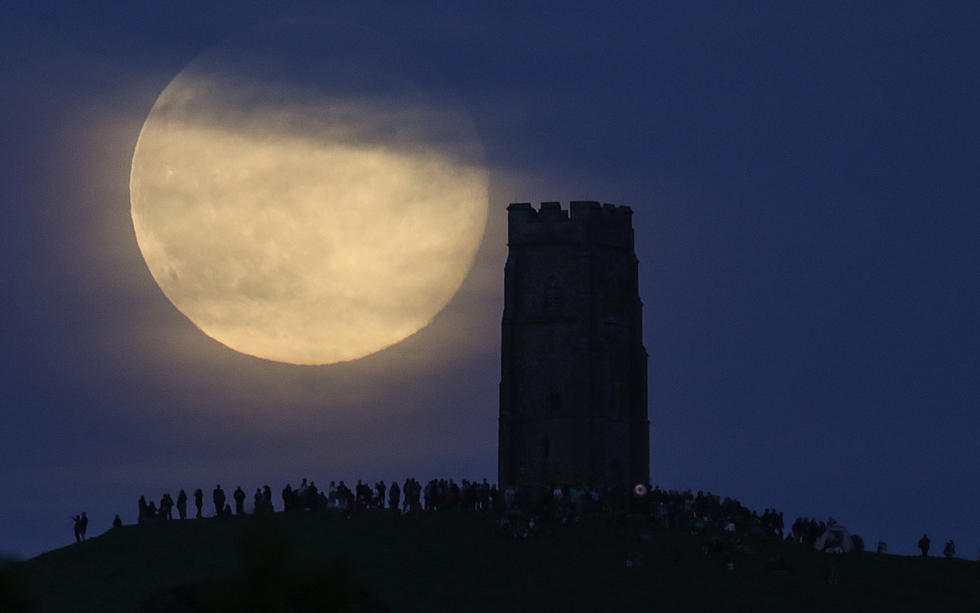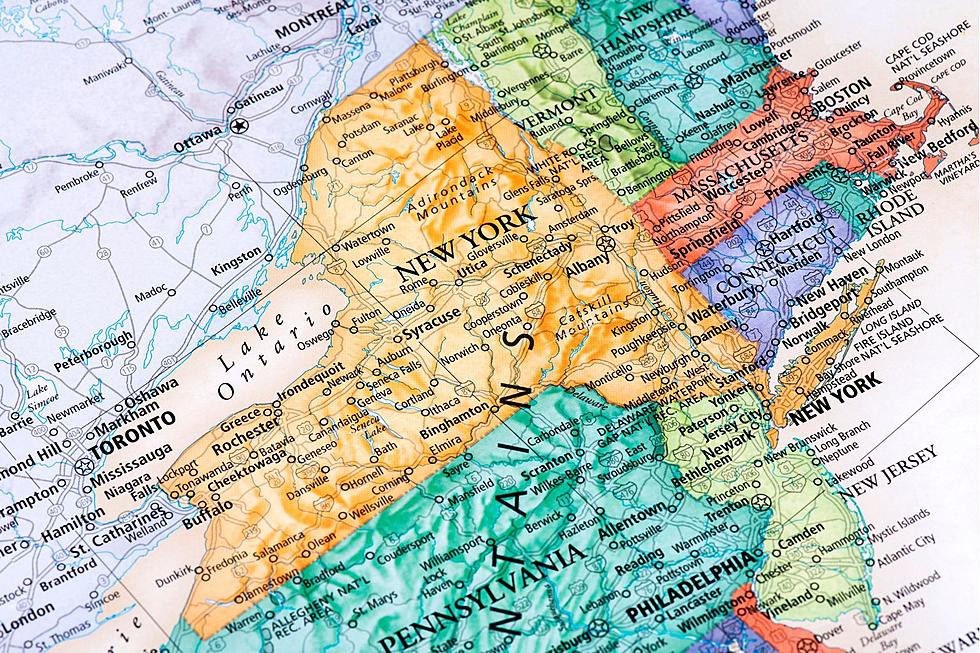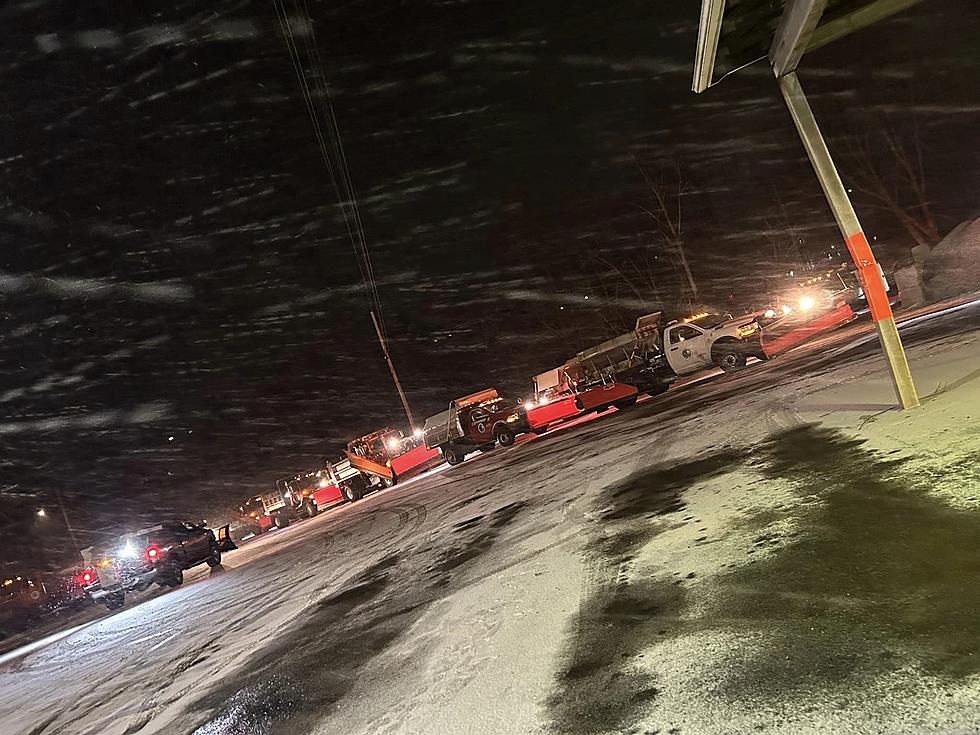
Possible Hot and Stormy Summer Begins Sunday in the Hudson Valley
If you are like me you aren't feeling like summer has begun at all. You have been to busy to enjoy some of the sunny days we have had over the past few weeks. But don't worry we haven't missed anything just yet. The weather just got nice and the days are finally long enough that when you get done with your day you can still enjoy a little daylight.
The truth is summer hasn't actually started yet. That happens this Sunday along with Father's Day. Sunday is the official first day of summer. The National Day Calendar explains it plus tells you how you can spend the day observing it. What you need to realize most about June 20th is that it is also the longest day of the year for those of us in the Northern Hemisphere. It is the Summer Solstice.
When Do the Days get Shorter?
Starting Sunday on the very first day of summer the days will start getting shorter but we will still have plenty of time to enjoy long summer evenings. Yes we will still enjoy daylight for a bit longer after 8pm but not for much longer. The way it works is the days progressively get shorter until we get to December 21, 2021 when they will start getting longer again.
Now before you start thinking that it is suddenly going to start getting dark earlier on June 21st remember how long it takes you to realize the days are getting longer in the winter. Hopefully you can get through most of July and even August with out noticing a change at all.
Summer Weather Forecast
In case you really want to dive in on what our summer has in store for us The Farmer's Almanac has broken it down for you and they are predicting a warm and stormy summer for all of us in the Northern Hemisphere. Judging by what we have seen so far in the past 3 weeks in the Hudson Valley I would say it is safe to say they may be spot on with their prediction.
Famer's Almanac Prediction
"According to the extended forecast in the 2021 Farmers’ Almanac, summer should be stormy, with a greater-than-average frequency of thunderstorms for a large portion of the country. Many of these storms will be strong, particularly over the eastern third of the nation."
Hopefully our stormy weather won't be to much like these events
LOOK: The most expensive weather and climate disasters in recent decades
More From WZAD-WCZX The Wolf









